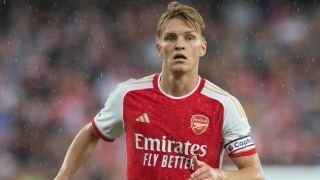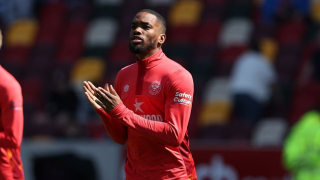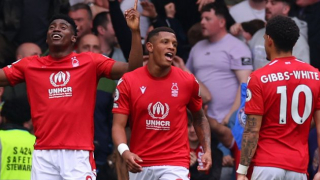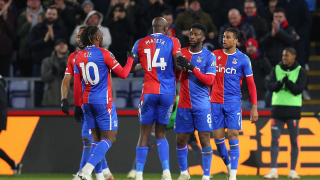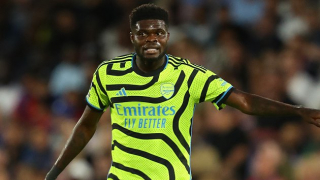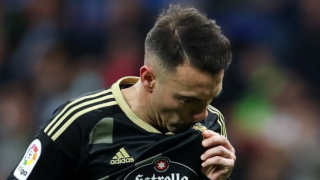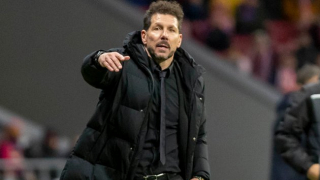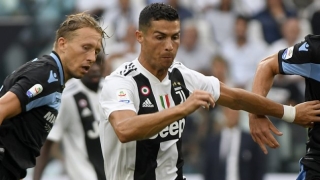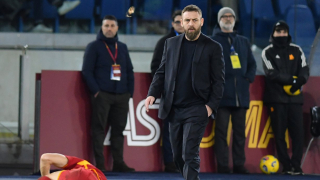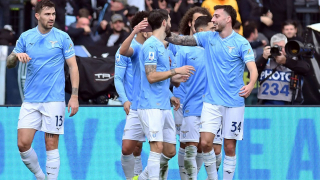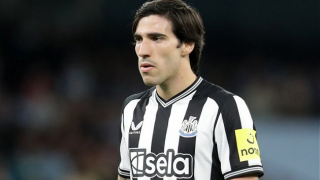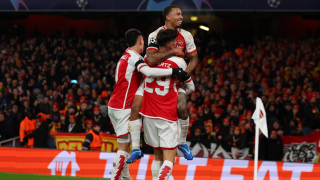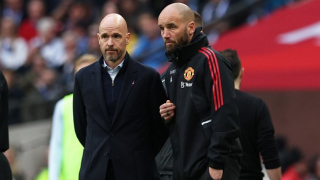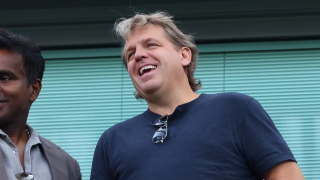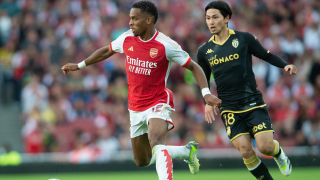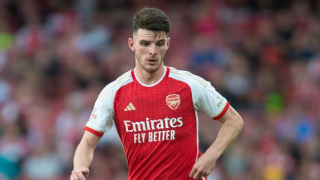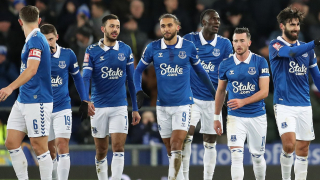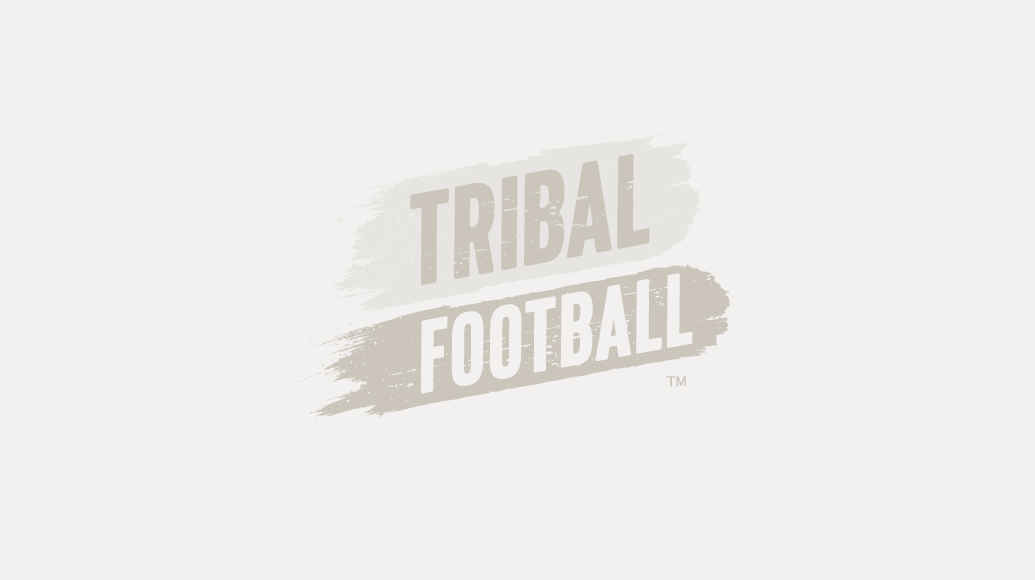We have become used to wealthy Americans, super loaded investment-funds from the Middle East and the odd rich businessman from the Far East buying into Premier League football. But when the Glazer Family put Manchester United up for sale, an unknown Finnish guy suddenly popped up with a bid to take over one of the biggest clubs in the world. Representing a group of investors, Thomas Zilliacus was one of three potential buyers to submit a bid. Thomas who?
We set out to learn more about who Mr. Zilliacus is and luckily, he was available for an interview. For a start, while perhaps Finnish of origin, "my view on investments is pretty global and not really from a Finnish perspective". And while Manchester United represents a huge step up, he has previously been involved with various football clubs, not least HJK from Finland. But still, Manchester United is a major leap, and not one he is capable of doing alone against such fierce competition, he freely admits.
"But I'm wealthy enough to table a credible bid together with partners," Zilliacus told Tribalfootball.com of the consortium he's put together. A consortium which has found the whole process of getting involved in bidding for Manchester United interesting, to say the least.
"We entered our bid very late because, frankly, while I've been a fan of Manchester United since I was 11, I'm not the fan that follows actively on a daily basis what is going on with the club. I watch the games and that's it, but I just happened to read online in March that it was deadline day for bids, so me and my team put in one."
Speaking of deadline, this had been pushed a couple of times, adding to a considerable amount of frustration with the selling party from not least Zilliacus and his group.
"The whole process has become a bit of a spectacle. There are new rounds and new bids and this and that and I think it reflects the fact that the Glazers don't really know what they want to do," Zilliacus says, adding he wouldn't even be surprised, should The Glazers end up keeping the club.
"Look, I should not judge people that I have never even met. But the process they've created is not very professional. I mean, if you have three serious bidders, and I know that we are serious and I have no doubts about Sheikh Jassim and Jim Ratcliffe, then I think the normal thing would be for the seller to invite each one of the bidders to negotiations and you would discuss and you would come to a conclusion. Instead, we are now having these anonymous bidding rounds over and over again to a point, where, as far as I know, none of the bidders really know what is going on."
Where Jim Ratcliffe and Sheikh Jassim have both upped the ante, Zilliacus submitted just the first bid.
"I have structured my bid in such a way that I don't need to put in a new one every time because my bid is flexible. We have offered a premium and that premium is subject to negotiation. So, it can go to any level as long as we have a level that both the seller and the buyer agree on," he states. But does he think, he still stands a chance?
"Frankly, I think the profile of the other two bidders from a Glazer perspective is more attractive. There is no doubt in anybody's mind that Sheikh Jassim can play with a lot of money from Qatar. Jim Ratcliffe is officially the richest man in England. Who am I compared to them? I'm an unknown guy from Finland.
"But as I said, if I was in the shoes of the sellers, I would certainly take all three bidders seriously and negotiate with everyone."
With the benefit of hindsight, Zilliacus would have handled his own bidding process differently, had he discovered the initial deadline a bit earlier.
"Our bid was not as extensive as I would have liked, and also not structured the way I wanted it to be because of the time restriction. Especially concerning a bid coming from somebody they probably never heard of before. Adding it all together, it probably makes the bid less attractive from the seller's point of view. That is also the reason why I have been pretty public about the bid. My thinking was, that by sharing my views in public, it will ultimately reach the sellers and hopefully make them understand that this is a serious bid."
One thing that certainly stood out in public, regarding the bid from Zilliacus and his cohorts, was the plan to launch a fan share. The whole idea of this was, according to Zilliacus, misinterpreted and eventually blown out of proportion, so he's more than happy to set the record straight.
"It goes back to the time when I was the chairman of the Finnish champions, HJK, for four years. HJK, in those days, was not owned by anyone. It was a club which was run by the fans. There was a board of eight people which discussed and agreed things to the benefit of the club and the fans. Not to the benefit of one super owner who had bought the club as a trophy.
"To me, that is the natural way of running a club, especially when you talk about clubs like Manchester United, which is an institution. It is not just a football club. In England, Manchester United is as iconic as Big Ben or Buckingham Palace or whatever.
"As an owner, I would just be a caretaker for a short time in history. The club was there before I was born. It's going to be there after I'm dead. And the backbone of a club is the fans. Without the fans, there is no club, so I think it is only right that the fans have a say. That is why I've suggested that if successful, I would set up a company where the fans buy up to 50 percent shares in Manchester United.
"Say we have a billion fans and everybody wants to participate. If the price tag is, for example, five billion for the club, that means that for 2.50£, less than a cup of coffee, the fans could become owners and have their say on big strategic decisions," Zilliacus explains of the initiative which has been met very positive from many supporters.
"I think, it is something that would be very good for football in general, because unfortunately, the big clubs, especially in England, have become trophies that are being bought by super rich individuals. Very often these individuals are from outside of Europe, without perhaps the full knowledge of the history, the know-how or the culture of football in Europe. To me, that is not a positive development.
"I think Manchester United is a very good example where an owner, who is not really engaged with the fans and the club, in a way, almost destroys the club or at least doesn't take care of it in the right way,", Thomas Zilliacus continues while also stressing that of course, him and his investment-company would initially put up the needed funding to take over Manchester United.
"When I presented this, some people thought I was only willing to pay half of the asking price and let the fans pay the other half. That was never the idea. The idea was to take over the club and then make it possible for the fans to obtain shares. There would also be a limit as to how many shares a private person could own. We are still working out the exact parameters, but basically, my thinking is that there would be a limit so that a fan could only buy shares for, say, up to 10.000 euros."
Zilliacus is only too aware that it's a model reflecting more the 50+1 ownership structure which still thrives in Germany, while it would be a completely new construction in Premier League.
"Because it would have been unique, it was met by skepticism from certain quarters. You know, the fans can't decide who's going to play on Saturday, obviously not, but the idea was that when it comes to big strategic decisions, like improving the stadium or whatever, the fans should have their say.
"If you look at any listed company in the world, it has shareholders. It has an annual general meeting where the shareholders have their say, and it works perfectly. And there is a board consisting of many representatives who agree on things. So why would not a football club be successful the same way?" Zilliacus asks without getting a reply just yet, which doesn't prevent him from having other ideas as to how a run a football club which in the Premier League these days might also be considered controversial, unless you're from Brentford or Brighton.
"There's too much focus on big marquee names, clubs splash out ever bigger sums on famous so-called big players. But big names are not always the right ones if you want to build a team. Paris Saint-Germain is the best example of that. They win the French League, but never the Champions League," says Zilliacus who'd rather see a club like Ajax Amsterdam succeed. But while Manchester United currently structures their way to success a bit differently from Ajax, Zilliacus still sees a great future for the Reds.
"As a club, United has a massively good future. It is such a strong brand. Every footballer wants to play for a club like Manchester United simply because it is so famous. Maybe Manchester is not the most attractive city in the world, but to play for the club, every young player would love to do that."
Since Zilliacus and his consortium has more or less conceded, they are not the new owners of Manchester United, some good might still come from their bid as other clubs are looking for new owners.
"One of the good things about the publicity around the bid for Manchester United is that I think club owners all over the world now know we are interested in investing in football. I've been contacted by a large number of clubs. My focus is on clubs with a big global fan base, which means I've said no to most of those. But there are some really big names among them as well, who we are looking seriously in to," says the man who not only resides in Singapore, but also is the proprietor of homes in Finland, Austria and Milan as well.
"While I can't reveal any names, I can say there are clubs among them as well known as Manchester United around the world and on a significantly more attractive price level," Zilliacus continues.
"England is, of course, the most attractive league, which is reflected in the money being paid for TV-rights. However, that also means there is a massive potential in other markets like Spain, Italy and France to increase a lot. I would almost bet my hat that the English TV-rights won't triple over the next five years, but I am convinced the Italian TV-rights would."
But to end on a Manchester United-note, does Thomas Zilliacus believe the global name and earning potential of United is big enough to match or even better the spending power of state-run clubs like Manchester City and Newcastle?
"I really think so. Of course, it helps to have a state-owned club with more or less bottomless amounts of cash. However, if you have a billion fans and you can build services for them which are really attractive, then you can have a very, very powerful base to monetize the fan base, while at the same time, of course, keeping the fans happy because they are getting the service and club they want."

